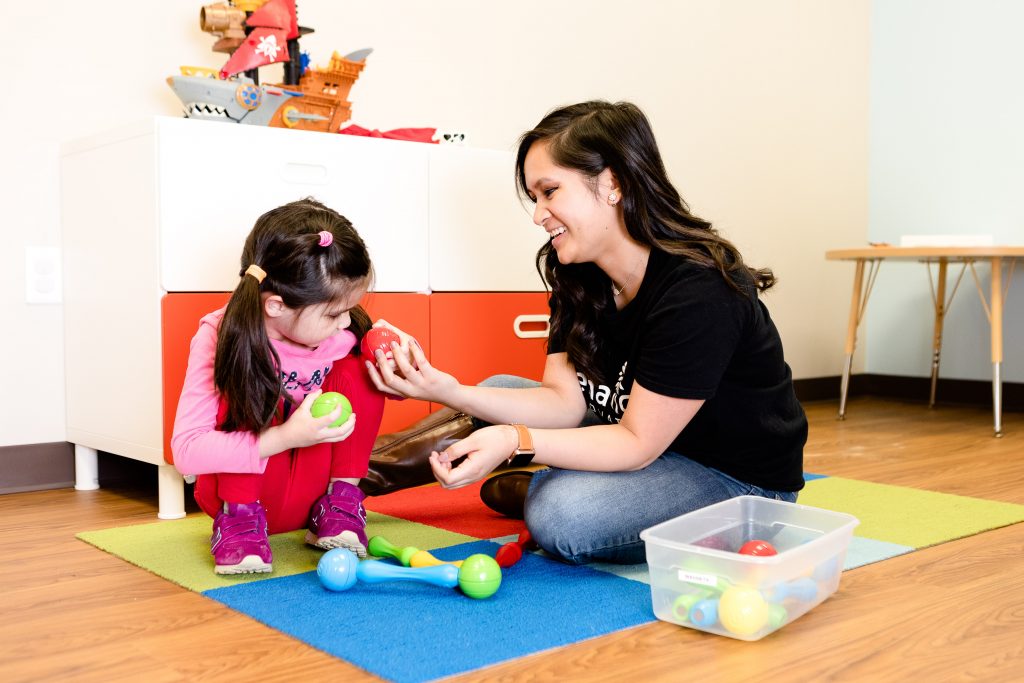Is ABA Therapy Harmful or Helpful?

Strong 8k brings an ultra-HD IPTV experience to your living room and your pocket.
ABA therapy, or Applied Behavior Analysis, has long been considered the gold standard in early intervention for children with autism. But in recent years, passionate debates on forums like Reddit and Quora have questioned whether ABA is truly helpful—or if it might actually cause harm. The truth isn’t black and white, and understanding the full picture means exploring both its evolution and how it’s practiced today. Whether you're a parent considering ABA therapy for your child, a therapist new to the field, or an autistic adult reflecting on past experiences, it's essential to look at both the benefits and the concerns.
Understanding What ABA Therapy Really Is
At its core, ABA therapy is a science-based approach to understanding and changing behavior. It’s been used for decades to teach skills and reduce behaviors that may interfere with learning or safety. ABA strategies can range from simple positive reinforcement to more complex behavior intervention plans. Originally developed in the 1960s, ABA therapy was highly structured and rigid. Critics, especially autistic self-advocates, point out that early ABA focused heavily on compliance and normalization—teaching children to appear "less autistic" rather than supporting their autonomy.
Today, modern ABA therapy has evolved. Many ABA providers emphasize natural environment teaching, play-based methods, and child-led goals. Still, skepticism lingers in online communities and beyond, and that raises an important question: is ABA therapy helpful or harmful for autistic individuals?
The Case for ABA Therapy as a Helpful Tool
Many parents and professionals see ABA therapy as life-changing. It’s one of the few interventions for autism that is backed by decades of research and endorsed by the U.S. Surgeon General and the American Psychological Association. In fact, early intensive behavioral intervention (EIBI)—a form of ABA therapy for young children—has shown strong evidence of improving communication, social skills, and daily living abilities.
ABA therapy can be customized to each child’s needs. When done right, it helps children with autism increase language, improve focus, enhance social engagement, and develop practical skills like brushing teeth or using the toilet independently. Therapists often work one-on-one with children and involve parents in the process to help generalize skills to home and community settings. ABA’s data-driven approach allows for progress to be monitored and strategies to be adjusted accordingly.
In Reddit communities like r/ABA and r/Autism_Parenting, many caregivers share positive stories about how ABA helped their child learn to speak, make friends, or reduce dangerous behaviors like self-injury or elopement. For these families, ABA isn’t just helpful—it’s essential.
Why Some Believe ABA Therapy Can Be Harmful
Despite its popularity, ABA therapy is not without controversy. Critics—many of whom are autistic adults—argue that some forms of ABA, especially those focused on compliance and suppression of stimming, can be emotionally harmful. On platforms like r/Autism and Quora discussions about ABA, individuals have shared deeply personal stories of feeling misunderstood, micromanaged, or punished for being themselves.
One of the main concerns is that early versions of ABA placed too much emphasis on eye contact, quiet hands, and other “socially acceptable” behaviors at the expense of a child’s emotional well-being. Some ABA therapy practices historically ignored the sensory and communication needs of autistic children, treating their natural behaviors as problems to be fixed. This has led some to compare certain ABA techniques to conversion therapy, which has prompted calls for reform within the field.
Another concern is the inconsistency in therapist training and quality. Not all ABA providers use trauma-informed or neurodiversity-affirming practices. When ABA therapy becomes a rigid set of demands or rewards without understanding the “why” behind a behavior, it can lead to burnout and distress for both the child and their family.
The Middle Ground: Ethics and Evolving Practices in ABA
The field of ABA has undergone significant changes in response to these criticisms. Many Board Certified Behavior Analysts (BCBAs) now promote person-centered ABA, trauma-informed care, and support for neurodiversity. Instead of trying to make a child “indistinguishable from peers,” the focus is shifting to helping children thrive in their own way.
Modern ABA emphasizes teaching functional communication over forced speech, supporting autonomy, and respecting stimming as a valid form of self-regulation. Therapists are increasingly trained to involve the child in goal-setting and use reinforcement that is meaningful and affirming, not coercive.
It’s also important to note that ABA therapy isn’t a monolith. It can look vastly different depending on the provider, the philosophy of the clinic, and the training of the therapists involved. Some programs use naturalistic developmental behavioral interventions (NDBIs), which blend ABA principles with developmental psychology and tend to be more play-based and relationship-focused.
Parents seeking ABA services are encouraged to ask thoughtful questions. What’s the therapist’s approach to behavior? How are goals chosen? Are the child’s sensory needs taken into account? Does the team welcome feedback and include the child’s voice in their plan?
What Reddit and Quora Communities Are Saying
Conversations around ABA therapy on Reddit and Quora reveal just how diverse opinions are. Some parents on r/ABA share success stories about early intervention and how their child gained skills they never thought possible. Therapists often offer advice on tailoring programs to individual children, using positive reinforcement, and avoiding outdated techniques.
At the same time, many autistic adults on r/Autism express concern that ABA still prioritizes masking over authenticity. They advocate for therapies that support self-advocacy, autonomy, and emotional validation. The tension between these perspectives is real—and valid—and should not be ignored.
Quora users also weigh in with a wide range of experiences. Some share balanced reviews, explaining how ABA helped in some areas but didn’t address deeper emotional or sensory challenges. Others call for reform, urging families to choose providers who follow ethical and affirming practices.
Conclusion: So, Is ABA Therapy Harmful or Helpful?
The answer depends on how ABA is delivered. When rooted in respect, empathy, and evidence-based methods, ABA therapy can be a powerful tool for helping autistic individuals build skills, communicate effectively, and lead fulfilling lives. But when it’s rigid, coercive, or dismissive of a child’s neurodivergence, it can cause emotional harm.
Families and therapists must be discerning. The best ABA programs today are those that embrace neurodiversity, adapt to the individual, and seek to empower rather than normalize. ABA therapy doesn’t have to be about compliance—it can be about connection, collaboration, and meaningful growth.
In online spaces like Reddit and Quora, one thing is clear: people want ABA to do better. And that’s a good thing. Because when we listen to each other’s stories, challenge outdated methods, and center the voices of autistic individuals, we all move closer to an approach that is not only helpful—but truly healing.
Note: IndiBlogHub features both user-submitted and editorial content. We do not verify third-party contributions. Read our Disclaimer and Privacy Policyfor details.





